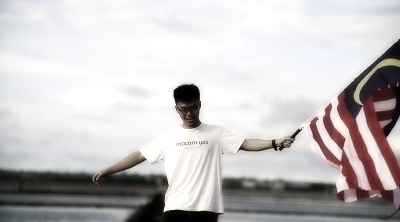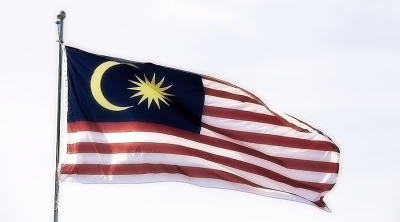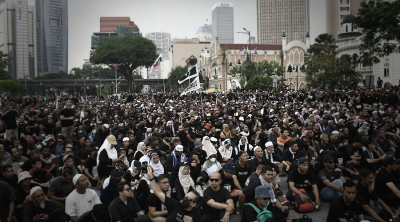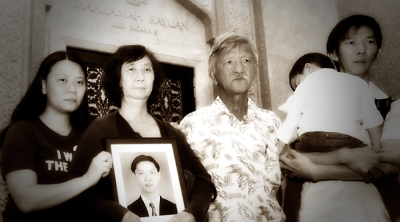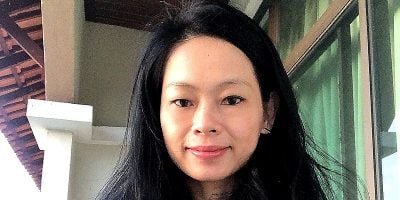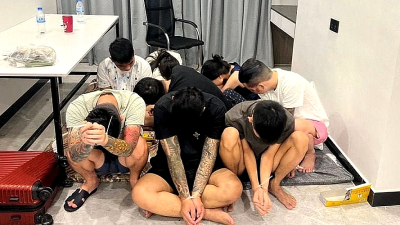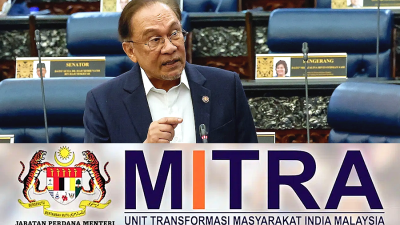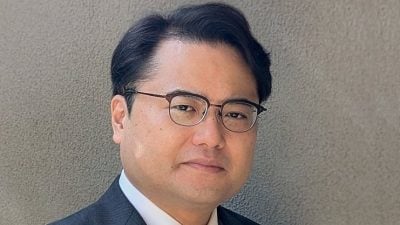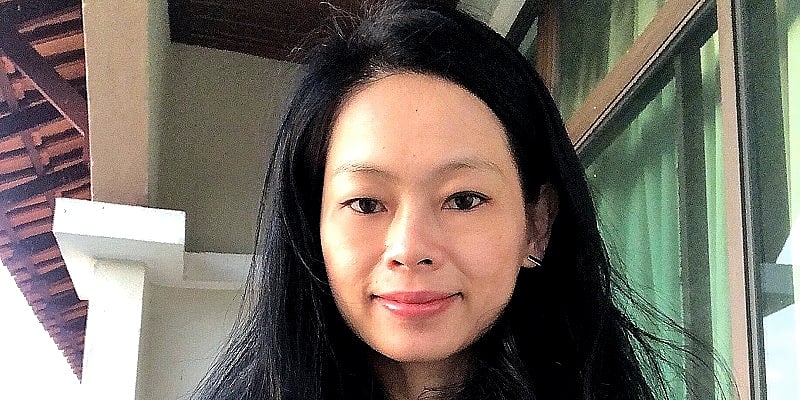
On September 28, the world commemorates World News Day, a global reminder that journalism is the lifeblood of democracy.
Across the world, journalists showcase stories that mattered, such as investigations that exposed corruption, reports that defended human rights, and accounts that amplified voices otherwise silenced.
These are reminders that journalism is not only about documenting events; it is about speaking truth to power.
In Malaysia, however, World News Day should be more than a celebration. It should be a reckoning.
For all the progress the media has made, many of the issues that most shape our national life, including race, religion, and political power, remain the very ones that journalism struggles to confront.
Too often, these stories are softened, reframed, or avoided altogether.
Silence may protect journalists and institutions in the short term, but in the long run, it comes at a cost to both the press and the nation’s fragile democracy.
The truths left untold
Malaysia’s media landscape on surface seems freer today than during its most authoritarian decades, yet freedom remains conditional.
The Sedition Act 1948, the Official Secrets Act 1972, and the Communications and Multimedia Act 1998 remain in force.
Even when unused, these laws hang over journalists like a shadow, teaching them instinctively where the “red lines” lie.
This climate of caution ensures that the most decisive issues, such as race, religion, and political power, are the ones most frequently underreported.
On race, the media tends to fall back on predictable narratives. Coverage of university quotas, scholarships, and vernacular education is divided by audience: Malay-language outlets emphasize majority rights, Chinese papers focus on cultural survival and parental anxieties, and English media frame the debate in terms of meritocracy and brain drain.
Each framing contains fragments of truth, but rarely do we see journalism go deeper to expose the real consequences for ordinary Malaysians: the student denied opportunity despite excelling, the family navigating systemic exclusion, or the worker whose career is capped by invisible ceilings.
On religion, journalism often retreats into careful wordings. Stories on child marriage, restrictions on women’s dress, or censorship in the arts are treated as cultural debates, not as violations of rights.
The growing reach of religious authority into governance is covered cautiously, if at all.
This reluctance denies the public the information needed to evaluate how religion is being used to shape law, policy, and personal freedoms.
On political power, the press has exposed major scandals before, most notably 1MDB, but these remain exceptions.
More often, investigations stop short. Threats of lawsuits, pressure from advertisers, and the risk of political retaliation discourage reporters from following leads to their full conclusion.
Too many stories end not because the facts run out, but because the risks grow too high.
These untold truths are not accidents of omission. They are symptoms of fear. And fear, when it shapes journalism, leaves society less able to confront the realities that matter most.
Silence as complicity
It is easy to frame journalism as the victim of political repression. Yet silence is not only imposed from above, it is also internalized from within.
Owners with political or corporate interests intervene to protect allies.
Editors, wary of lawsuits and backlash, instruct reporters to soften or drop sensitive stories.
Journalists, after years of harassment, develop instincts for self-censorship.
When this happens, silence becomes complicity. By refusing to interrogate racialized policies, journalism legitimizes inequality as the norm.
By avoiding scrutiny of religious conservatism, it normalizes restrictions on women, minorities, and artistic expression.
By reducing elections to “Malay votes” and “Chinese votes,” it entrenches the idea that citizens cannot act as Malaysians, only as members of communal blocs.
The reporting on migrants and refugees illustrates this pattern. Too often, headlines adopt the language of enforcement, such as “illegals,” “raids,” “crackdowns.”
Absent are stories that trace systemic exploitation, deaths in detention, or the complicity of syndicates and state actors.
By using the vocabulary of the state, journalism reinforces stigma rather than exposing abuse.
This silence corrodes trust. The public notices what is missing.
Readers sense where journalism stops short, and many turn elsewhere: to social media influencers, partisan blogs, or rumor networks.
Once journalism loses credibility, misinformation fills the vacuum.
Ironically, by avoiding controversy, the press undermines its own relevance, leaving space for disinformation, polarization, and hatred to take root.
Journalism will only protect democracy if it dares to confront power, ask forbidden questions, and tell stories that society itself prefers to ignore.
Toward journalism without fear
On this World News Day, the question is not whether Malaysia has journalism.
The question is what kind of journalism Malaysians are willing to defend. Do we want a press that entertains, reassures, and repeats, or a press that investigates, provokes, and risks?
If Malaysia is to strengthen its democracy, the answer must be the latter. Journalism must move beyond caution to courage.
That means reframing how stories are told.
Race cannot be reported only as communal tension; it must be examined as the product of structures ranging from laws, policies, and institutions, that either perpetuate inequality or dismantle it.
Religion cannot be treated only as cultural identity; it must be scrutinized for its political uses and social consequences.
Political power cannot be reported only through scandal; it must be tracked as a system that shapes governance, institutions, and citizens’ lives.
Courage must be systemic. Editors must stand by reporters when backlash comes. Media owners must see independence not as a liability but as the basis of credibility. Civil society must defend journalists under attack, recognizing them as allies in accountability.
And the public must demand more. Readers must understand that journalism worthy of trust will not always be comfortable.
If we only want news that flatters our worldview, then we condemn the press to irrelevance.
Malaysia does not lack stories. From judicial independence to women’s rights, from environmental crises to corruption that erodes governance, the issues are everywhere. What is lacking is the freedom and the will to tell them.
World News Day is not a ritual of self-congratulation. It is a call to courage.
For Malaysian journalism, that means confronting the stories of race, religion, and power that continue to define the nation but remain untold.
Journalism is not failing when it provokes discomfort. It is failing when it avoids it.
Silence is never neutral. It is surrender. The stories we avoid about race, religion, and power, are the ones Malaysia most urgently needs to confront.
If journalism cannot speak honestly about them, then Malaysia cannot hope to move beyond them.
On this World News Day, Malaysians must face an uncomfortable truth. Journalism will not protect democracy by entertaining or by repeating official lines.
It will only protect democracy if it dares to confront power, ask forbidden questions, and tell stories that society itself prefers to ignore.
If our journalists cannot tell these stories, then who will?

(Khoo Ying Hooi, PhD, is an Associate Professor of International Relations and Human Rights at Universiti Malaya. Her work spans human rights research, diplomacy, and policy engagement across ASEAN and Timor-Leste, along with active contributions in editorial and advisory capacities.)
ADVERTISEMENT
ADVERTISEMENT






